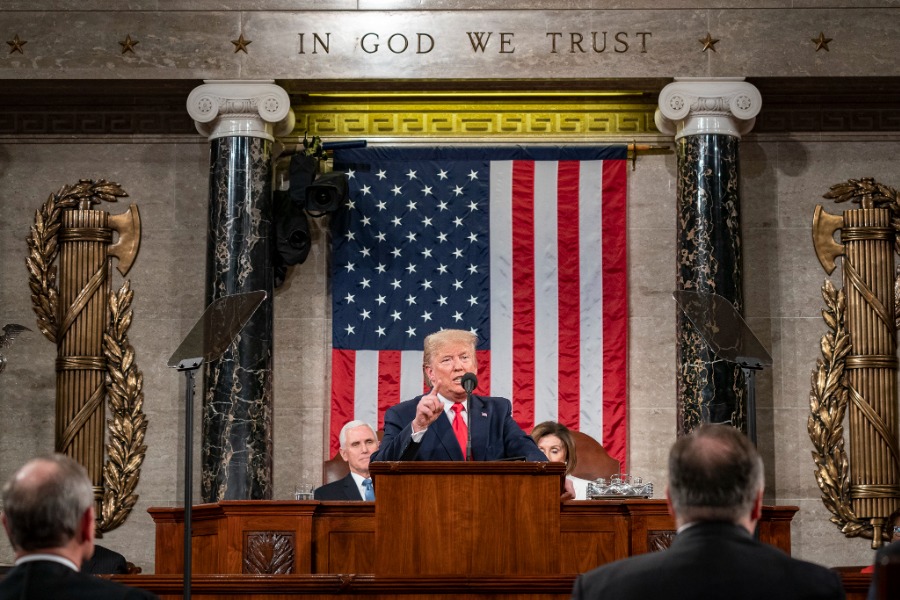More Draft AUMFs!
I wrote yesterday about Representative Schiff’s draft AUMF. Republican representatives Welch and Rigell, Democratic Senator Kaine, and Republican Senator Flake also proposed a new ISIL AUMF yesterday.
Published by The Lawfare Institute
in Cooperation With

I wrote yesterday about Representative Schiff’s draft AUMF. Republican representatives Welch and Rigell, Democratic Senator Kaine, and Republican Senator Flake also proposed a new ISIL AUMF yesterday. The bipartisan draft would authorize force against ISIL and (a very broadly defined) associated forces, would repeal the 2002 Iraq AUMF, and would make clear that this AUMF, and not the 2001 AUMF, constitutes the sole statutory authority for use of force against ISIL. It also states that the use of significant ground troops to fight ISIL would not be consistent with the purpose of the AUMF. Finally, it sunsets after three years.
The bipartisan AUMF has many similarities with the Schiff draft, and seeks some of the same ends through different means. The main substantive difference is that the Schif draft implicitly authorizes ground troops (but provides an expedited procedure for Congress to limit them), while the bipartisan one contains a vague, purpose-based ground troops limitation on the authorization. The Schiff draft also has a different associated forces definition, has additional reporting requirements, and refreshes the authority to use force against al Qaeda and the Taliban (rather than leaving the 2001 AUMF in place and excluding its applicability to ISIL).
And catching up on AUMF news, Senator Graham earlier this month proposed an AUMF with a simple, unqualified, broad authorization of force against ISIL. And representative Emmer last month proposed a declaration of war and authorization of force against ISIL. His draft is sleek and does not contain many of the flaws of Senator Paul’s draft war declaration last year (see here and here, for comparison).
Including the President’s draft AUMF, Congress has plenty of options to choose from. There is a core consensus that the President’s authorities to use force should continue against al Qaeda, the Taliban, and ISIL. The main disagreements concern what to say or do about ground troops, and whether to have a sunset. These are not huge disagreements, but I still think they will be too large to permit a consensus to emerge. I hope I am wrong.




.jpg?sfvrsn=6cdd11de_5)
